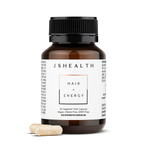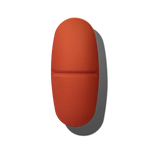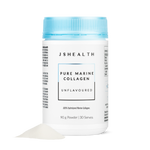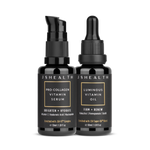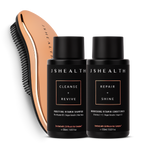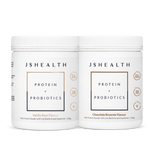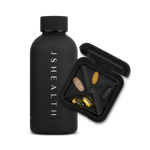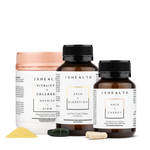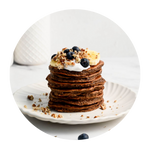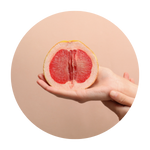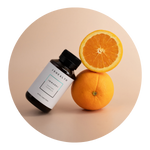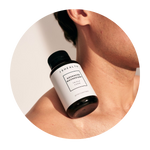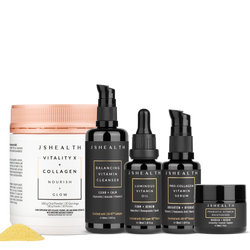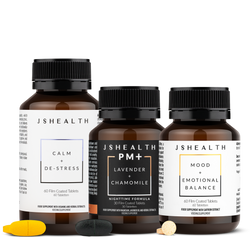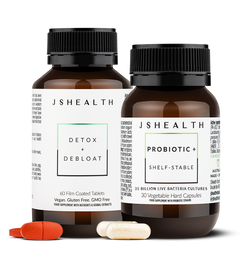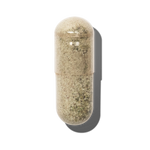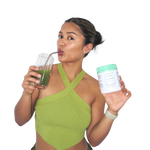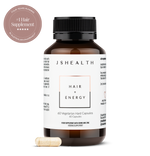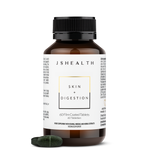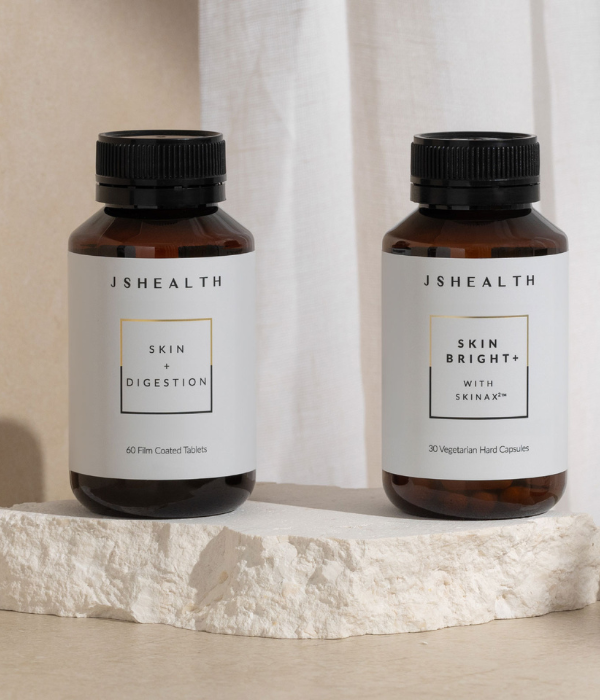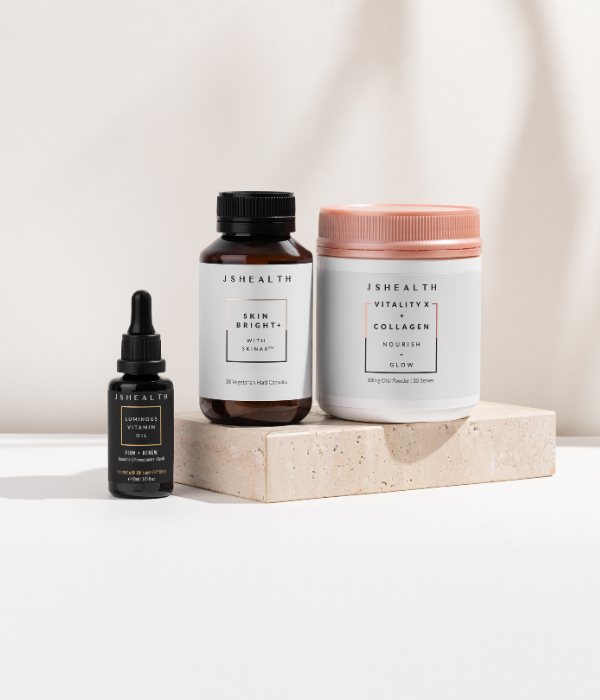Beat the Bloat - Top tips for reducing bloating
Reducing bloating can make a huge difference to your quality of life. Having a swollen stomach and excess gas in your digestive system is certainly no fun and at worst can be quite debilitating. If you are experiencing bloating, you are not alone! In fact bloating and distension are among the most common gastrointestinal complaints in those with gut disorders, as well as the general population. So, we’ve put together our top tips to help you beat the bloat and get back to feeling great.
What is bloating?
Bloating is largely a subjective symptom, which can vary, but is often described as a feeling of fullness, tightness and general discomfort in the digestive system. It may be related to food intake, and many of those who suffer with it describe that it can worsen directly after a meal, particularly after ingesting a larger than usual or fatty meal. Dairy products and carbonated drinks are also frequently reported as leading to bloating. Other lifestyle factors, such as stress, may also play a role.
Nutrients to support bloating
- Turmeric - Turmeric is an Indian spice and has a long history of use in Ayurvedic medicine as a treatment for inflammatory conditions. It has been shown that low-grade inflammation of the gastrointestinal system is responsible for irritable bowel syndrome (IBS) symptoms, such as bloating. Curcumin (the active component of Turmeric) has many properties that are used to treat gastrointestinal conditions and has demonstrated therapeutic benefits in those suffering with IBS. Find it in our Detox + Debloat formula and Vitality X + Collagen.
- Fennel - Fennel has been traditionally used in Western Herbal Medicine to relieve digestive discomfort, and reduce abdominal bloating and distention. Fennel is used for the management of mild digestive conditions, as it helps to stimulate movement and has a carminative and antispasmodic effect. Fennel is also a star ingredient in our Detox + Debloat vitamin.
- Probiotics - Studies have suggested that different probiotic strains may improve abdominal pain and bloating by regulating neurotransmitters and receptors involved in the modulation of pain. Probiotics can help support gut health and digestion, bowel function and regularity. Specifically, the Bifidobacterium lactis and Bifidobacterium longum strains maintain beneficial bacteria in the gut. Try our Probiotic+.
Lifestyle tips to support bloating
- Stress relief - It has been suggested that stress may contribute to increased perception of abdominal bloating. Ways to support healthy stress levels include: being less afraid to say ‘no’ when it doesn’t serve you, listening to classical music, taking a relaxing bath, journaling, colouring in, spending time in nature, talking to a loved one, exercising and meditation. Make sure you are managing stress daily to support a healthy digestive system.
- Yoga - Not only can yoga support stress reduction as a form of movement and controlled breathing, it can help one to feel more connected to their body. Poses that target the lower abdomen can help to relieve digestive symptoms such as bloating by increasing the circulation of blood around those areas.
- Mindful eating - Take a few deep breaths before each main meal and make sure meal times are technology free. This can allow you to eat slowly and calmly, which makes such a difference to the digestive system. Ensuring you consciously chew each mouthful properly will also help prevent larger particles of food passing through that may be more likely to contribute to bloating. It’s also a much more pleasurable way to enjoy your food and savour every flavour!
References:
- Foley, A., Burgell, R., Barrett, J. S., & Gibson, P. R. (2014). Management Strategies for Abdominal Bloating and Distension. Gastroenterology & hepatology, 10(9), 561–571.
- Barbara G, Stanghellini V, De Giorgio R, Cremon C, Cottrell GS, Santini D, Pasquinelli G, Morselli-Labate AM, Grady EF, Bunnett NW, Collins SM, Corinaldesi R. Activated mast cells in proximity to colonic nerves correlate with abdominal pain in irritable bowel syndrome. Gastroenterology. 2004 Mar;126(3):693-702.
- Ammon HP, Wahl MA. Pharmacology of Curcuma longa. Planta Med. 1991;57:1–7.
- Blumenthal M, Busse WR, Goldberg A, Gruenwald J, Hall T, Riggins CW, Rister RS (eds.). Klein S, Rister RS (trans.). The Complete German Commission E Monographs—Therapeutic Guide to Herbal Medicines. Austin, TX: American Botanical Council; Boston: Integrative Medicine Communication; 1998;135-136.
- Rousseaux C, Thuru X, Gelot A, Barnich N, Neut C, Dubuquoy L, Dubuquoy C, Merour E, Geboes K, Chamaillard M, Ouwehand A, Leyer G, Carcano D, Colombel JF, Ardid D, Desreumaux P. Lactobacillus acidophilus modulates intestinal pain and induces opioid and cannabinoid receptors. Nat Med. 2007 Jan;13(1):35-7
